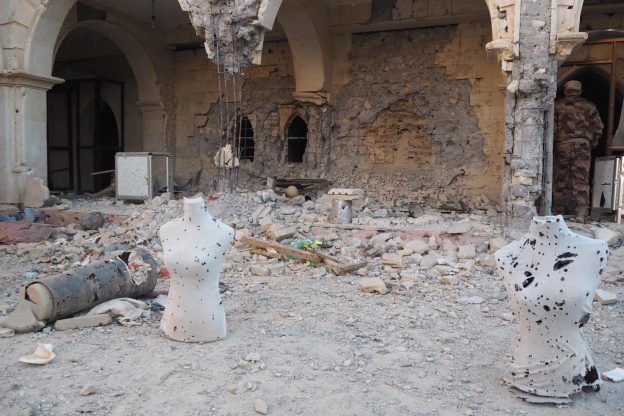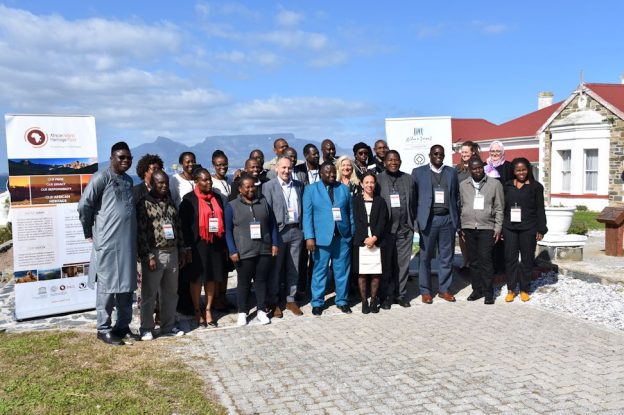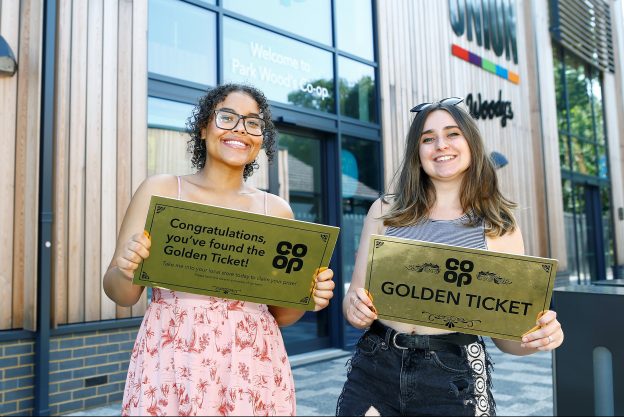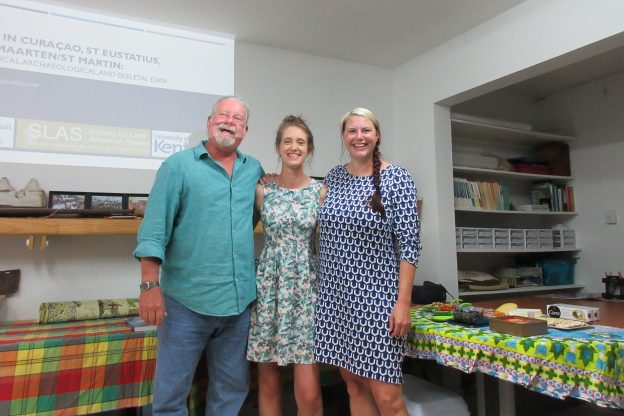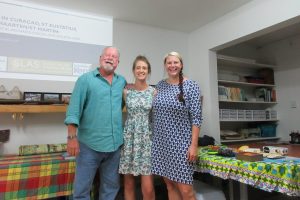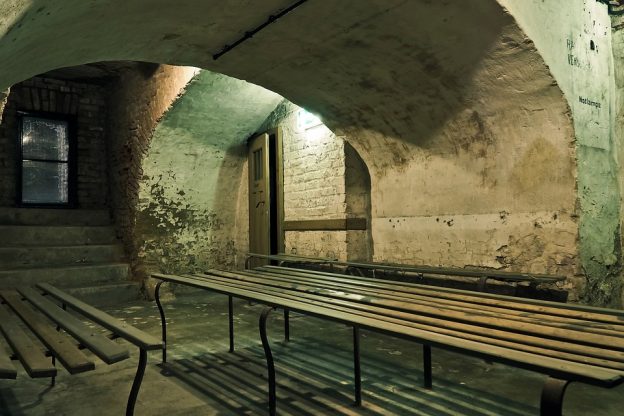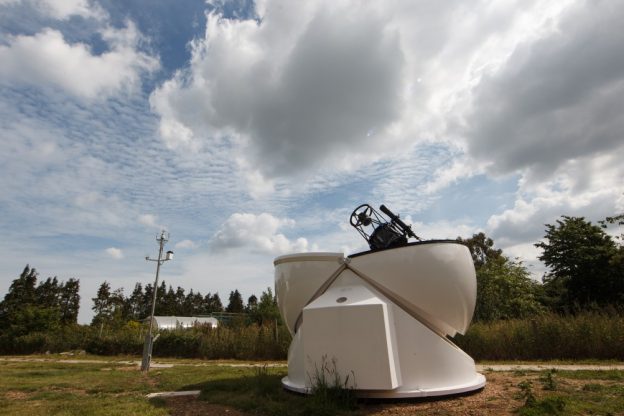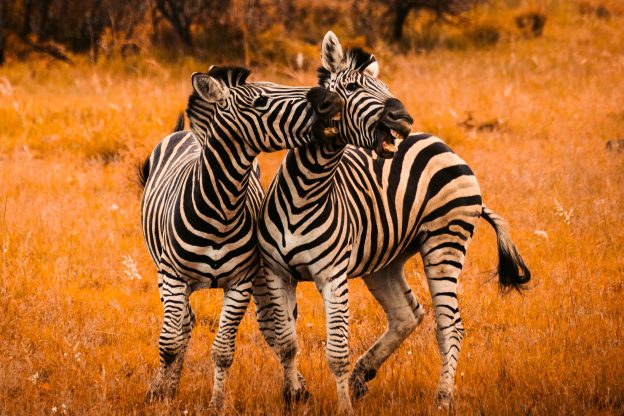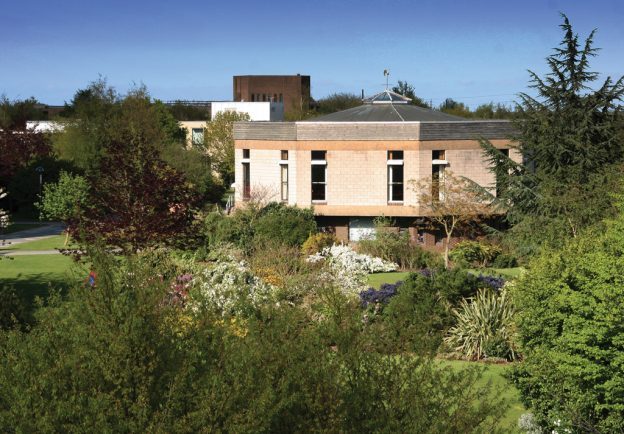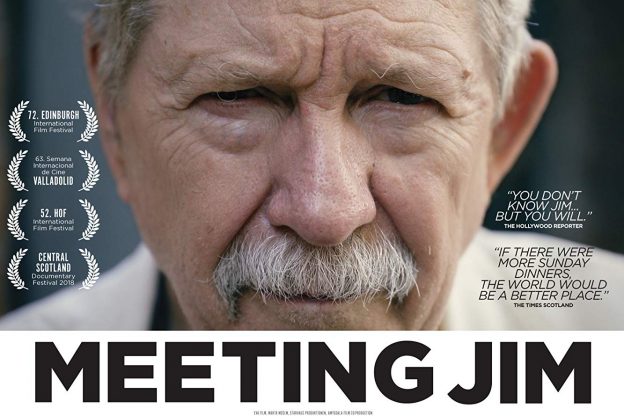The Estates Logistics team provide a removal and disposal service for all Schools and Departments based at the Canterbury Campus. Services include the collection of certain recyclable materials; confidential waste, batteries, toner and ink cartridges and waste electrical equipment. As well as assisting with furniture removals and deliveries during office moves.
After 30 August 2019, the way customers contact Estates Logistics is changing.
From 31 August 2019, the Estates Logistics email account will be closed and all enquiries should be made to Estates Customer Services: estatescustomerservices@kent.ac.uk or by telephoning extension 16666.
For more information about how Estates Logistics can help you, or for further information regarding the Estates Department, please visit our website: www.kent.ac.uk/estates. The Estates Logistics service level standard can be found here.
If you have any enquiries in relation to this or anything regarding the Estates Department in general, please contact the Estates Customer Services team.

